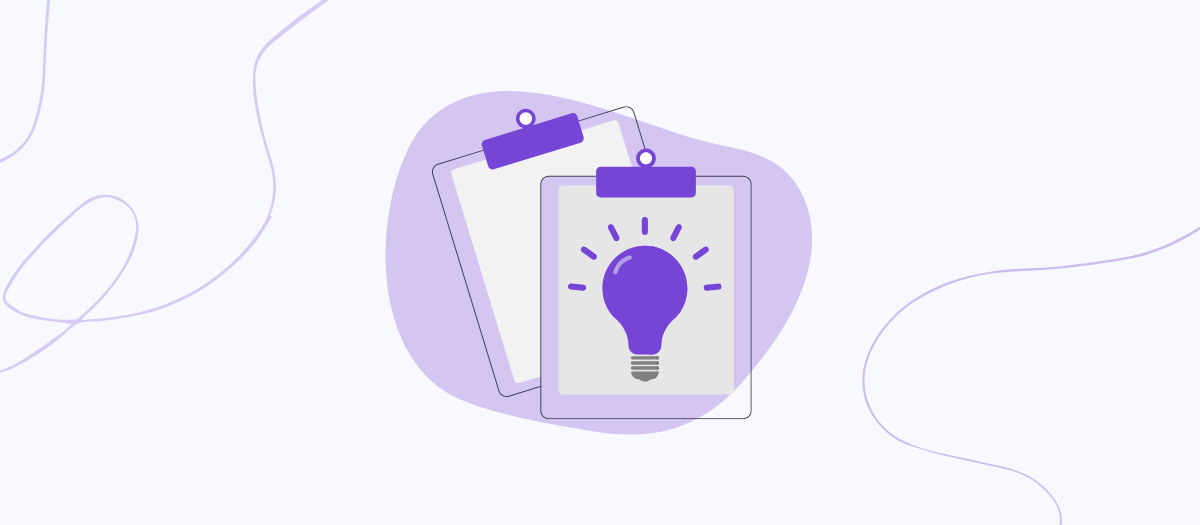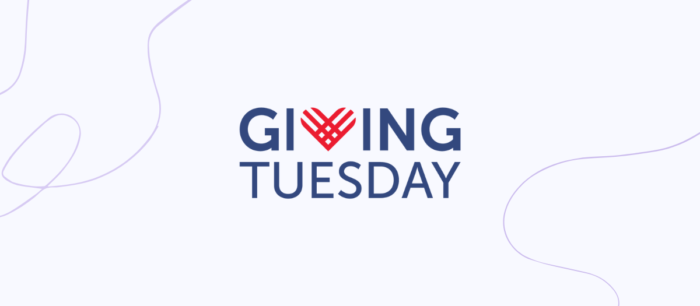Explore Keela's latest blog articles for tips, guides, stories, and insights that help nonprofit professionals to improve their work and do more good in their communites.





Giving Tuesday 2025 is coming and it's coming fast! Use these tips and ideas to guide your nonprofit's Giving Tuesday campaign planning.

Discover 10 proven donor recognition examples that boost retention and increase giving. From handwritten notes to VIP events, learn how to thank donors effectively!

Discover how the donor engagement cycle can transform your fundraising with proven strategies that increase retention by 40% and boost lifetime value by 200%.

Learn how to create an effective strategic plan template for nonprofits that will supercharge your mission and maximize your impact!

Learn effective donor acquisition strategies, how to calculate donor acquisition rate, benchmark statistics, and best practices to grow your nonprofit's supporter base.

Discover how fundraising thermometers can boost donor engagement and help your nonprofit reach its goals faster through visual progress tracking.

Learn what constitutes a good donor retention rate for nonprofits, with industry benchmarks, statistics by sector, and proven strategies to keep more donors giving year after year.

Discover 50+ short, impactful donation thank you messages that will delight your donors without taking hours to write.

Unlock Giving Tuesday success with expert tips on crafting impactful emails. Boost engagement and donations with our guide to Giving Tuesday emails.

As you start analyzing your nonprofit data, it’s easy to get overwhelmed. That's when a Fundraising Metrics Dashboard will come in handy. Learn the essential metrics to track and access a free dashboard to help you get started.

Aplos has joined forces with Keela and Raisely to pioneer the first integrated cloud platform for nonprofits, offering a comprehensive suite of tools for accounting, fundraising, and CRM.